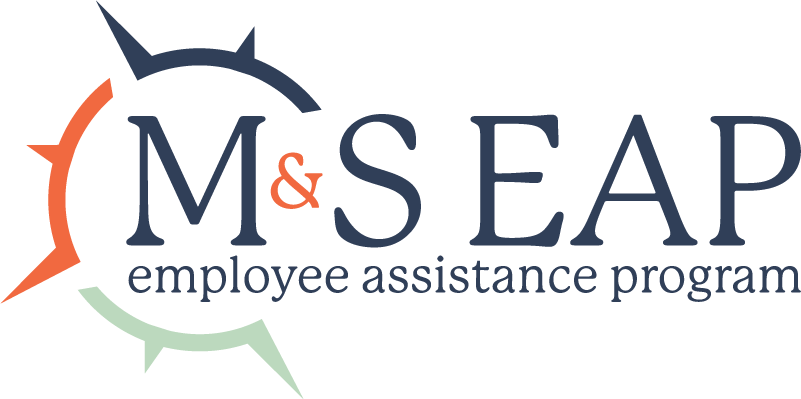The Risk of Adderall Abuse at Work

While American workplaces have been affected by employee drug misuse and abuse for decades, prescription drugs have been playing a larger and larger role in workplace-related substance abuse referrals over the past five to ten years.
It’s important to understand how controlled substances that have legitimate medical purposes are misused and how to tell the difference between employee use and misuse. One such drug, Adderall, is a vital prescription for a number of adults and one which cannot be banned. However, with the high abuse risk with which Adderall comes, it’s important to know the signs of proper versus improper use of the drug.
What is Adderall?
Adderall is a prescription medication used to treat attention deficit hyperactivity disorder (ADHD). The stimulants which make up Adderall directly impact the chemicals in the brain responsible for impulse control and hyperactivity. There are a number of benefits to properly taking Adderall, including:
- Increased attention spans
- Decreased fidgeting
- Higher alertness
- Better focus
- Boosted energy
- Reduced restlessness
For adults who use Adderall, properly adhering to their prescription can make a huge difference in their level of productivity during the workday and their quality of life overall.
Adderall and attention deficit disorders
Plenty of adults legitimately need access to Adderall and other stimulant medications to control symptoms related to attention deficit disorders. For these employees, lack of access to medication can be the difference between being able to function on a daily basis and losing the organizational control and focus necessary to be a good employee.
The key to recognizing workplace Adderall abuse is knowing the difference between legitimate use and misuse. Legitimate Adderall use has a few key characteristics:
- The employee has a single prescription from a single source
- Dosage is consistent and controlled, with changes made only under a doctor’s supervision
- Adderall use does not involve crash and recovery periods due to amphetamine fatigue
- Employee moods and performance is controlled through use, as opposed to becoming less controlled
Now, as an employer, it isn’t going to be possible for you to find out if your employee is using or miss using Adderall directly. Unless they come to you stating they use Adderall to help treat ADHD, you’re not going to know — nor should you need to know if they’re using Adderall properly. What you may begin to notice, however, are signs of misuse or abuse. When these signs are present, your employee might be in need of help.
Signs of improper Adderall use
Unfortunately, as with many prescription drugs, Adderall does come with a high risk for misuse. While not everyone who takes Adderall will feel inclined to misuse the drug, it’s important to understand the risks.
Adderall misuse and abuse have certain signs which are very similar to other substance use problems, in addition to stimulant-specific signs. These include:
- Increased talkativeness or desire to be social
- An increased desire or need to work and get work done
- Hyperactivity or excitement (for seemingly no reason)
- Appearing more insightful, especially in regard to topics like the meaning of life or the discovery of oneself
- Acting impatient, anxious or worried
As an addiction develops, other signs would begin to manifest, including a decreased effort in personal appearance and hygiene; lack of productivity at work, or failure to show up for work at all; and physical illness which may or may not affect their quality of work.
If you notice these signs in an employee, it might be time to speak with them and see what options you can provide to offer them support and care.
Supporting employees
Like many prescription drugs, totally excluding Adderall in the workplace is not possible, and it shouldn’t be necessary, given the vast number of adults who benefit grateful from using Adderall. At the same time, though, its availability makes Adderall a substance with a high potential for abuse. If you want to help minimize Adderall abuse in your workplace, it’s important to offer your employees real recovery resources and to encourage staff members to utilize those resources when they need help.
Make sure your workplace drug policy emphasizes the dangers of prescription drug misuse, including workplace Adderall abuse. Most professionals who use stimulants as performance-enhancing drugs do so because of increased pressure, stress or workload. Thankfully, managers have the unique opportunity to care for their employees by offering their employees resources that mitigate workplace stress, in addition to being conscious of workloads and unrealistic expectations of staff members.
For more information about how you can provide employees with support programs that diminish the misuse of Adderall and other stimulants in the workplace, contact Mazzitti and Sullivan EAP. Contact our offices anytime by calling (800) 543-5080 today to learn more.



